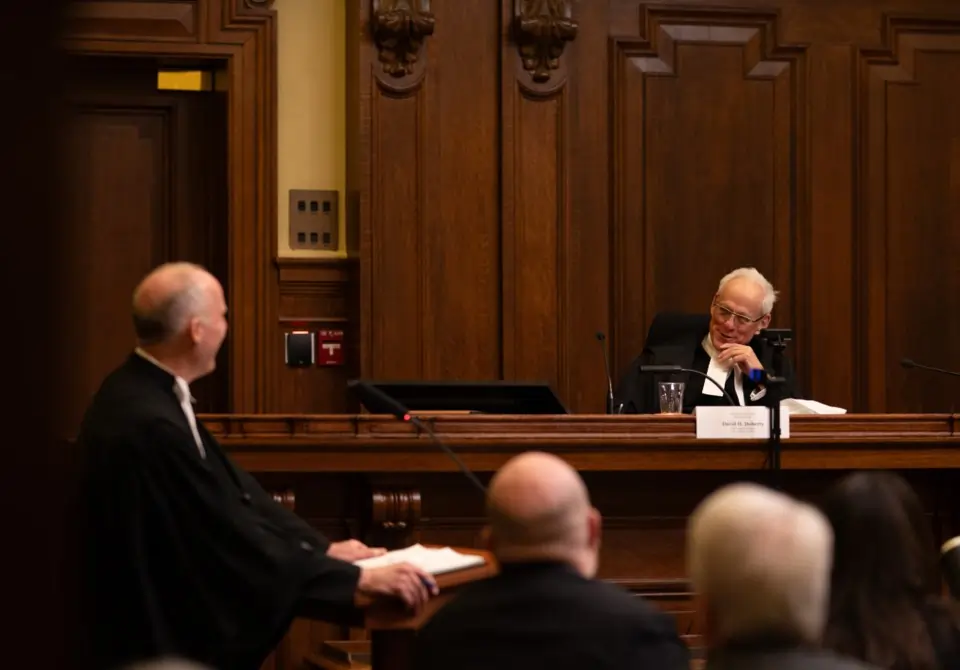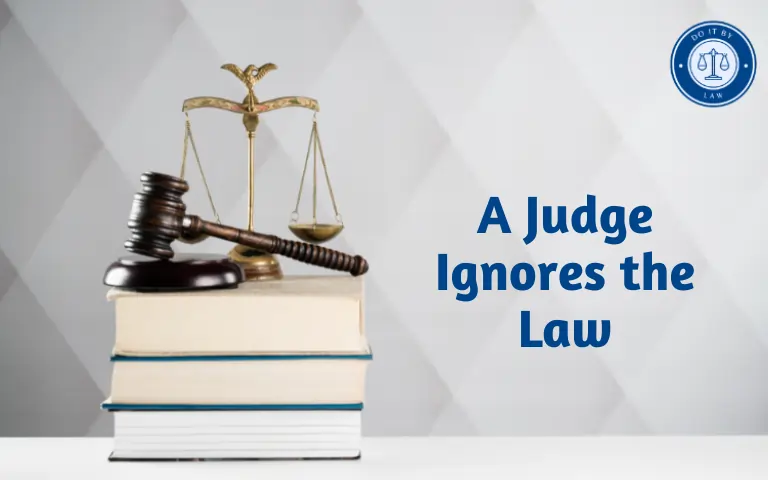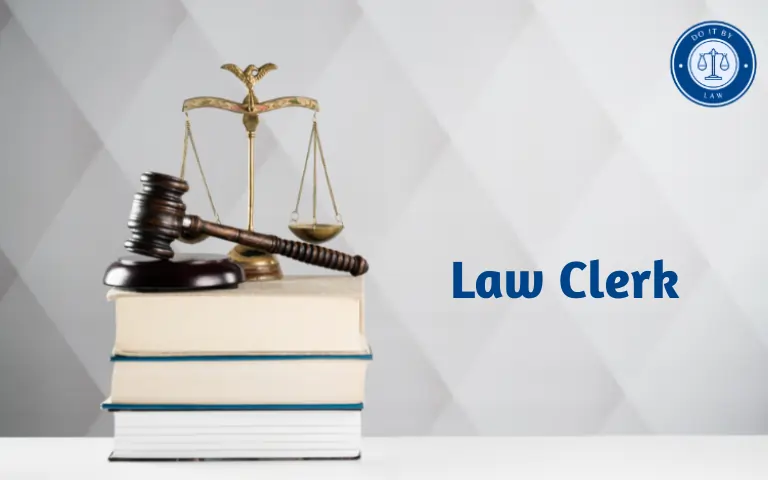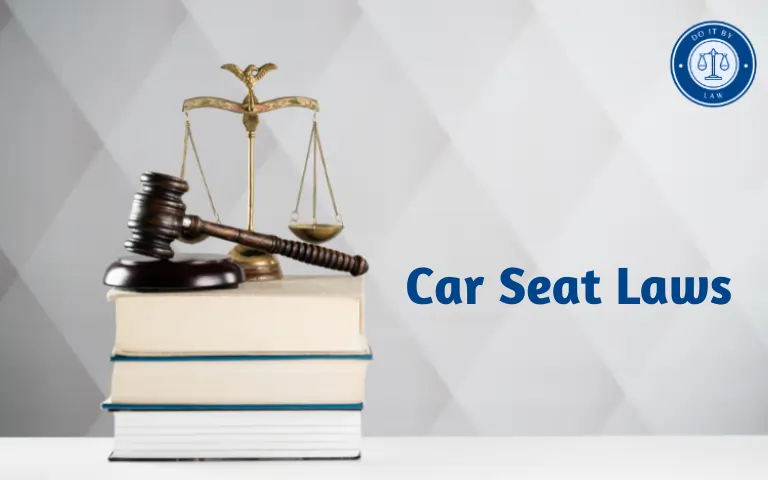What Happens if a Judge Ignores the Law? Remedies for Judicial Misconduct
Judges must correctly apply the law to the facts of a case. However, sometimes a Judge Ignores the Law applicable statutes, precedents, procedural rules, or constitutional provisions. There are remedies available in these situations:
Appealing a Judge Ignores the Law Decision
The most common recourse is to appeal the judge’s erroneous ruling to a higher court. Appellate courts can overturn lower court decisions that unfairly ignore or misapply the law. The appeals process provides a key check on judges who disregard the law.
To successfully appeal, you generally must show the judge’s mistake was so unreasonable that no reasonable jurist would have made the same ruling. This high standard helps prevent constant appeals for minor disagreements. But truly egregious failures to follow the law can be reversed.
Seeking Discipline through a Judicial Conduct Organization
In cases of clear legal abuse, it may be possible to pursue the discipline of the judge through an oversight organization like a state Commission on Judicial Performance or the federal Judicial Council.
These bodies have the authority to investigate complaints against judges and administer punishments such as formal reprimands, censure, suspension without pay, or even recommendation of removal from office in the most outrageous cases.
Judicial discipline is usually reserved for pervasive patterns of misconduct rather than isolated instances. But ignoring the law may potentially warrant sanctions if sufficiently severe and unjustified.
Pursuing Impeachment of a Judge Ignores the Law
Federal judges can be removed through impeachment and conviction by Congress, while state judges may face removal by state legislatures. However, this remedy is extremely rare and limited to the most outrageous and pervasive abuses of law.
Only a handful of federal judges have been impeached and removed in history. But blatantly and deliberately ignoring the law could potentially rise to this level if thoroughly documented.
Trying to Get a Judge Ignores the Law Recused from Your Case

For serious cases where a judge seems hostile to properly applying the law, you may be able to get them recused by filing a motion showing their bias or inability to be impartial. If granted, a new judge would be appointed.
However, recusal is not automatic. You need solid documented proof the judge has a personal bias against the sound application of the law.
What are Examples of a Judge Ignores the Law?
There is occasionally room for reasonable disagreement in interpreting the law, but some examples of judges crossing the line include:
- Refusing to apply controlling statutes or binding precedent from a higher court
- Intentionally misquoting a binding legal authority
- Fabricating law that does not exist
- Imposing sentences or remedies well outside what statutes or guidelines permit
- Explicitly rejecting a valid legal defense for improper reasons
- Denying motions or requests mandated by procedural law
- Excluding relevant evidence barred by no evidentiary rules
- Relying extensively on irrelevant personal religious or ethical views
In these situations, the judge is not merely interpreting the law in a debatable way, but actively defying it without any reasonable legal basis. That raises recourse options like appeal.
What are Valid Defenses Judges Can Make?
Judges do have some valid defenses in situations that may appear questionable:
- Distinguishing the Case – Judges can argue the precedent is distinguishable from current facts. Higher courts give deference if reasonable.
- Constitutional Considerations – A judge may contend a statute is unconstitutional when applied to particular facts. This can justify not imposing certain penalties.
- Fairness and Justice – Seeking a just outcome for the parties that may warrant creatively interpreting rigid statutes.
- Change in Conditions – Arguing that the law has become outdated due to societal changes, new understandings, etc. Opens the door for progressive rulings.
- Conflicting Precedent – Pointing to contradictions between various binding authorities on the same question of law. Gives latitude to choose between approaches.
- Unconscionable Results – Avoid adopting interpretations that lead to unconscionable, absurd, or dangerous consequences the law surely did not intend.
- Reliance on Secondary Sources – Citing treatises, restatements, law review articles, etc. to support progressive legal evolution where primary law is unclear.
So judicial leeway exists, but must be exercised cautiously within reason and logic. Radically ignoring clear primary law remains indefensible.
What are Signs a Judge Ignores the Law Has Overstepped Bounds?
Some warning signs a judge may be exceeding their proper role include:

- Expressing contempt for binding statutes or precedents they are bound to apply
- Refusing to fairly apply laws they disagree with
- Advancing personal agendas rather than sound legal analysis
- Blatant logical inconsistencies and intellectual dishonesty
- Long strings of decisions contrary to mainstream jurisprudence
- Making politically charged rulings according to ideological beliefs
- Departing drastically from judicial precedent simply based on changed court composition
- Concocting creative workarounds to avoid laws they dislike
- Imposing personal religious values rather than secular legal reasoning
In these situations, a judge appears motivated by the pursuit of their individual policy goals rather than a fair application of the law. This crosses into judicial activism requiring remedies.
Key Takeaways on a Judge Ignores the Law:
- Appeals, complaints to judicial disciplinary bodies, and impeachment in extreme cases provide remedies against judges who ignore the law.
- However, reasonable legal interpretations and defenses exist so judicial discretion is hard to challenge.
- Only blatantly unreasonable rulings contrary to binding primary law warrant discipline.
- Getting a biased judge recused from a case is possible with solid documented proof.
- Judges do need latitude to creatively interpret laws, but have limits.
- The appeals process provides the primary check on judges who misapply the law.
- Sanctions for legal misconduct are focused on pervasive patterns, not isolated instances.
So in conclusion, while judges have wide discretion, they ultimately must apply the law in a principled way. For serious misconduct, litigants have avenues of recourse available, especially through appeals. But removing a sitting judge remains an extremely rare last resort.




